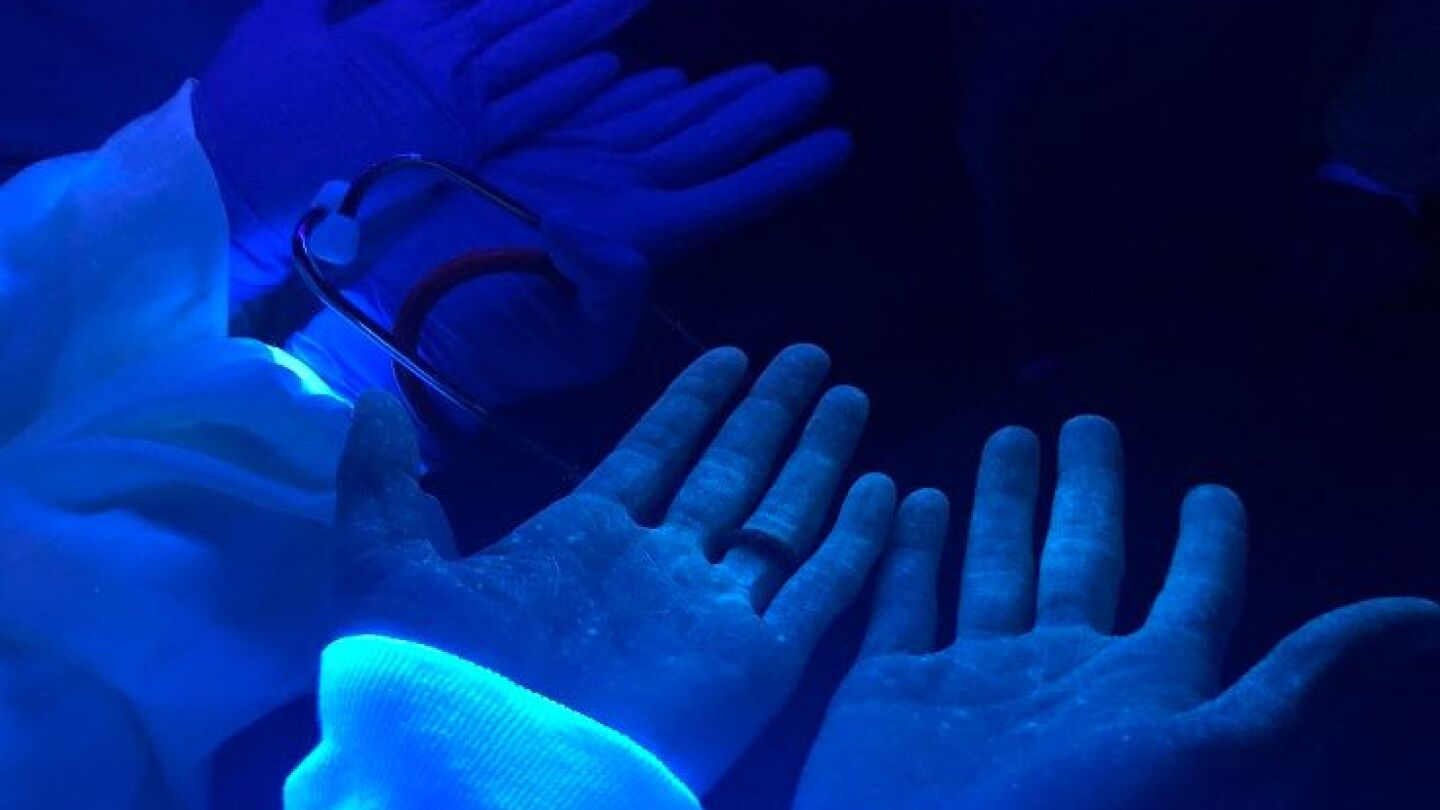�鶹ԭ�� Research Center
The �鶹ԭ�� Research Center serves as a central access point for critical prehospital medicine research that can help drive operational and policy changes at the local, state and federal level.
Get insights into EMS provider behavior and beliefs related to hot topics like fatigue management, and participate in �鶹ԭ�� polls and surveys.
Additionally, find the latest information about research conducted by esteemed EMS organizations, such as the American Ambulance Association, and National Association of EMS Physicians, among other organizations focused on provider health and wellness, patient assessment and treatment, and a variety of safety issues.
Why quality improvement concepts should be integrated into EMS education
Chicago Medical School organization hosts live tissue high-risk, low-frequency airway procedures clinic for paramedics
The importance of community involvement in advancing EMS research and quality
NAEMT’s National Survey of Violence Against EMS Practitioners identifies training gaps in EMS safety
How the next-generation medic should evaluate potential employers to find an EMS home that will encourage growth
The CovidWatch research project plans to follow more than 200 front-line workers for six months to understand their work-related risks
Researchers used UV light to show solution left on the skin after treating a simulated patient
The planned 20-year study seeks to assess the short- and long-term effects of the pandemic on the well-being of first responders and healthcare workers
A multicenter randomized control trial reveals that all drugs are created equal, at least when it comes to levetiracetam, fosphenytoin and valproate
Preliminary results from a national study released this week reveal inconsistent decontamination practices may be contributing to the spread of the virus
Researchers are conducting trials to determine whether plasma from recovered patients can improve the condition of current patients
University of Washington Physicians discuss false-positive rates and the work ahead to study COVID-19 immunity
The NASA Glenn Research Center is collaborating with an emergency products company to develop an efficient fogging system
Examining the airway management studies findings on 72-hour survival, ROSC, survival to discharge and favorable neurologic status at discharge
A Chicago study finds confidential, no-cost screening could identify underreported post-traumatic stress in paramedics and police officers
The University of Pittsburgh Department of Emergency Medicine offers research-driven strategies for better sleep after working extended shifts
The 2020 National EMS Assessment shows that more than 18,200 local agencies respond to nearly 28.5 million 911 dispatches each year
Stakeholders should consider these 8 data types as they consider how best to move forward during the pandemic and in a post-COVID-19 era
A team of researchers created a survey designed to understand EMS readiness and competency while confronting the pandemic
The University of Minnesota will test the effectiveness of hyroxychloroquine in preventing or treating the disease
Worcester Polytechnic Institute Professor Gregory Fischer hopes to create an open-source design that will help address COVID-19-driven ventilator shortages
A team of researchers and physicians developed a format for reviewing and reforming CPR practices to improve cardiac arrest survival rates
Researchers warn that misinformation about unintentional fentanyl exposure can have negative consequences for responders and opioid overdose patients
The vast majority of respondents to the NHTSA survey said they considered EMS to be an essential government service
More than a dozen awards, including $10,000 in research grants, were presented to professionals at the annual conference
The study findings suggest a need for more CPR training in Hispanic communities
The agencies are seeking feedback on key questions that will be used to review research and develop evidence-based guidelines
The research suggests that some municipalities may be better served if agencies from other municipalities responded
Big data is readily available to EMS leaders to capture, review and apply to making change to improve patient outcomes in every community
A Canadian cellular-connected drone trial resulted in a deployment policy change after the study showed significant time saved when using drones to transport AEDs
EMS providers are asked to answer an anonymous survey to explore the need for nicotine cessation programs for providers
Researchers suggest early recruitment efforts to improve the lack of diversity in EMS, which has cultural divide, communication implications
Doctors who study pulmonary fibrosis are just beginning to focus on 9/11 victims as the long-term effects of exposure are emerging
MOST POPULAR
- Should waveform capnography be in the EMT scope of practice?
- AI seen as lifeline as 911 centers report rising burnout and record outages, survey shows
- 5 evidence-based guidelines for fatigue management in EMS
- Research analysis: Burnout in frontline ambulance staff
- UB researchers to study EMS nutrition habits
































